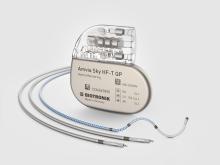网络安全
我们投入大量的时间和资源,以确保我们创造的每一款产品都是我们可以信赖的产品,网络安全也不例外。
作为一家远程监测领域的先驱公司,我们自2001年以来一直致力于数据和设备的保护,网络安全已整合到百多力质量管理体系和所有相关业务流程中,并在产品生命周期的每个步骤中均被纳入考量。
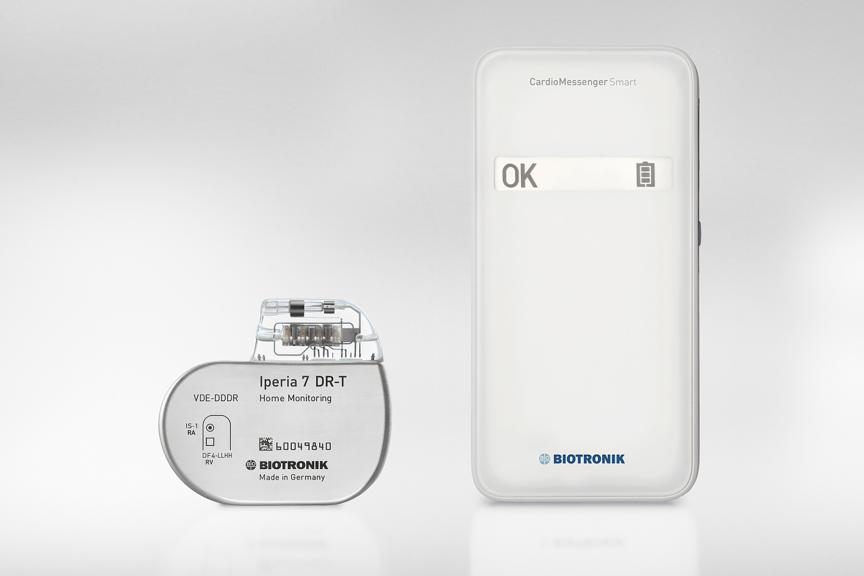
通过设计实现安全性
设计适应力强的日常产品
百多力的网络安全管理流程经过精心设计,旨在在整个产品生命周期中持续识别和控制产品和远程监测系统中的网络安全风险。我们分析新的网络安全信号,以确定与百多力产品的潜在关系。
信息安全
百多力已向国际公认的标准化机构证明,BIOTRONIK Home Monitoring® 系统能够以一种可验证且专业的方式确保服务本身的可用性、完整性以及所有相关数据的隐私性。
家庭监测采用经过国际ISO/IEC 27001:2017标准认证的信息安全管理体系 ,此信息安全管理标准是指导百多力识别、分析和解决信息保护问题的框架,它还规定了建立、实施和维护我们的信息系统的要求。此外,它还确保不断调整安全措施,以应对不断变化的网络安全形势。
问题或关切?
如果您对我们的网络安全衡量标准有疑问,或想咨询百多力网络安全专家,请联系我们。
Related Statements
-
Image
 Statement
StatementBIOTRONIK Statement on the Log4Shell Vulnerability
The discovery of a high-severity vulnerability known as Log4Shell was disclosed publicly on December 9, 2021, while a related lower-severity vulnerability was disclosed on December 14, 2021. These vulnerabilities are present in a software library used by many servers worldwide (see Background for details). In light of this recent discovery, BIOTRONIK has carefully analyzed all of its provided services. The analysis concluded that the conditions for exploitation of the Log4Shell vulnerability and the related CVE-2021-45046 and CVE-2021-45105 vulnerabilities do not exist in any of BIOTRONIK’s
-
Image
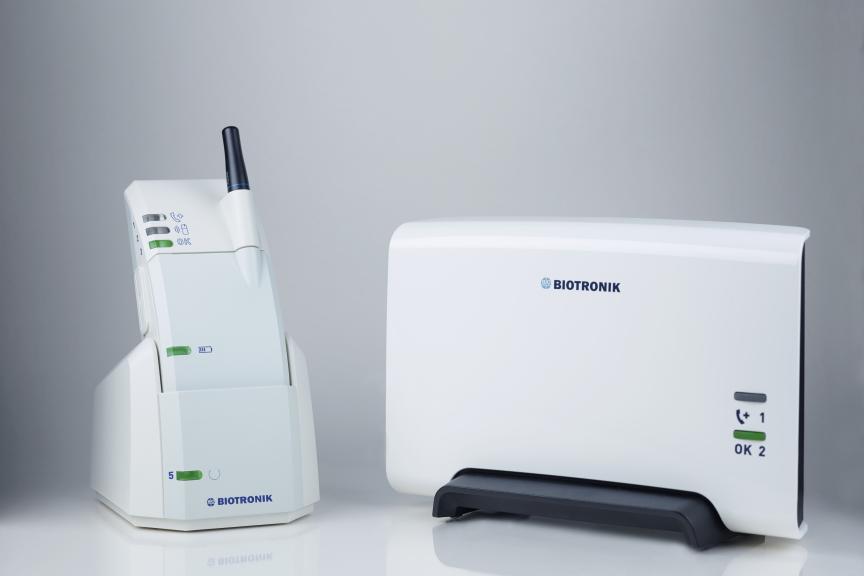 Statement
StatementBIOTRONIK Statement on CardioMessenger II Cybersecurity
CardioMessenger devices form an essential part of BIOTRONIK’s remote monitoring system, enabling the secure transmission of critical patient and device data to the treating physician. As the company that pioneered remote monitoring, we have taken cybersecurity design seriously since 2001. It is integrated into our quality management system, all relevant business processes and prioritized at every step of the product life cycle. Our cardiac implants do not accept programming modifications or commands via any form of long-distance communication. By design, it is technically impossible to
-
Image
 Statement
StatementBIOTRONIK Statement on “SweynTooth” Cybersecurity Vulnerabilities
The US Food and Drug Administration has issued a Safety Communication regarding a family of cybersecurity vulnerabilities known as SweynTooth, which may introduce risks for certain medical devices that use Bluetooth Low Energy (BLE) wireless communication technology. If exploited, these vulnerabilities can allow unauthorized users to potentially cause a device to stop working, stop it from working correctly and/or bypass security to access certain device functions. The FDA has said it is not aware of any confirmed adverse events related to these vulnerabilities although software to exploit
-
Image
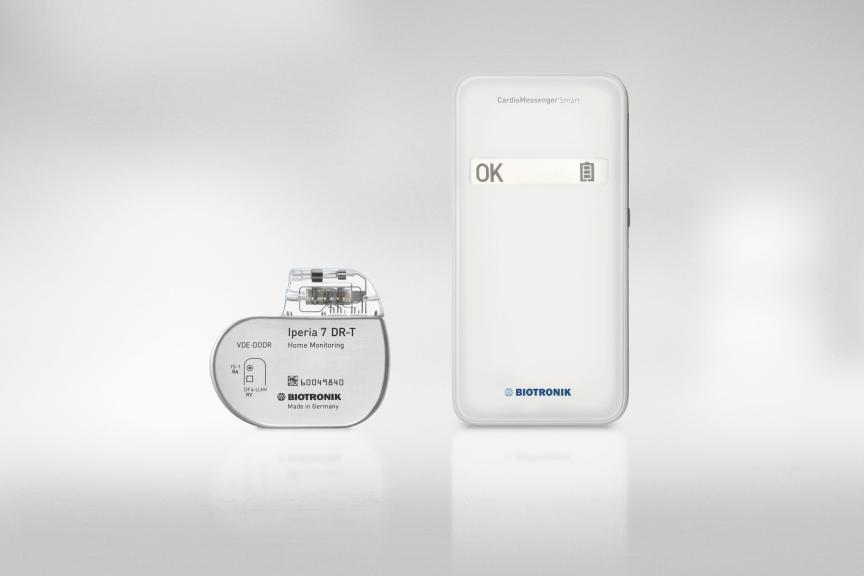
BIOTRONIK Statement on the FDA’s Safety Communication “URGENT/11”
On October 1, the US Food and Drug Administration (FDA) issued a Safety Communication regarding a set of cybersecurity vulnerabilities, referred to as “Urgent/11” that — if exploited by a remote attacker — may introduce risks for medical devices and hospital networks. According to the communication: “These vulnerabilities may allow anyone to remotely take control of the medical device and change its function, cause denial of service, or cause information leaks or logical flaws, which may prevent device function.” These vulnerabilities exist in a third-party software component known as IPnet
-
Image
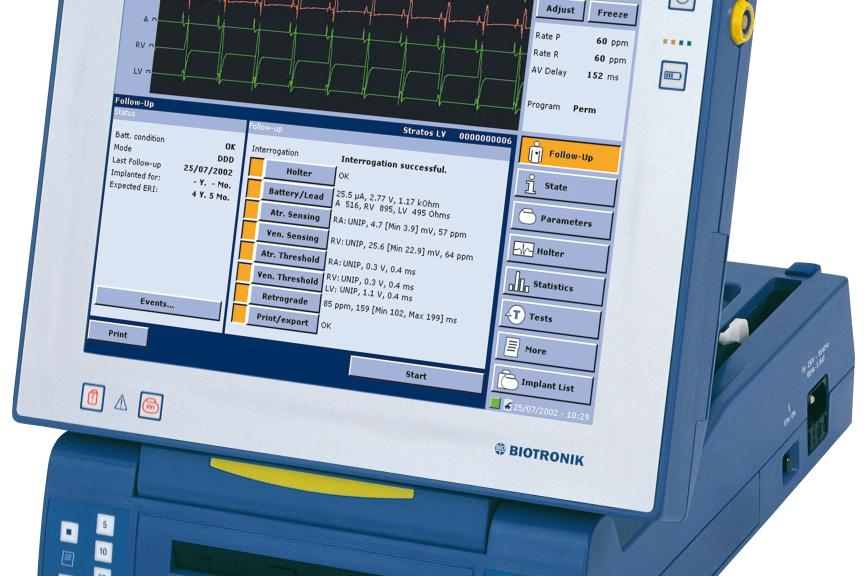 Statement
StatementBIOTRONIK Statement on the Publication ‘Security Testing of the Pacemaker Ecosystem’
The work ‘Security Testing of the Pacemaker Ecosystem’ was recently published as a master’s thesis, authored by Mr. Anders Been Wilhelmsen and Mr. Eivind Skjelmo Kristiansen. This publication investigates the state of cybersecurity of BIOTRONIK’s ICS 3000 – a programmer for BIOTRONIK implantable cardiac pacemakers, defibrillators and monitors that is used by healthcare professionals during the implantation procedure and follow-ups. ICS 3000 programmers were distributed between 2001 and 2012. In the publication, the authors report about several cybersecurity weaknesses such as: The central
-
Image
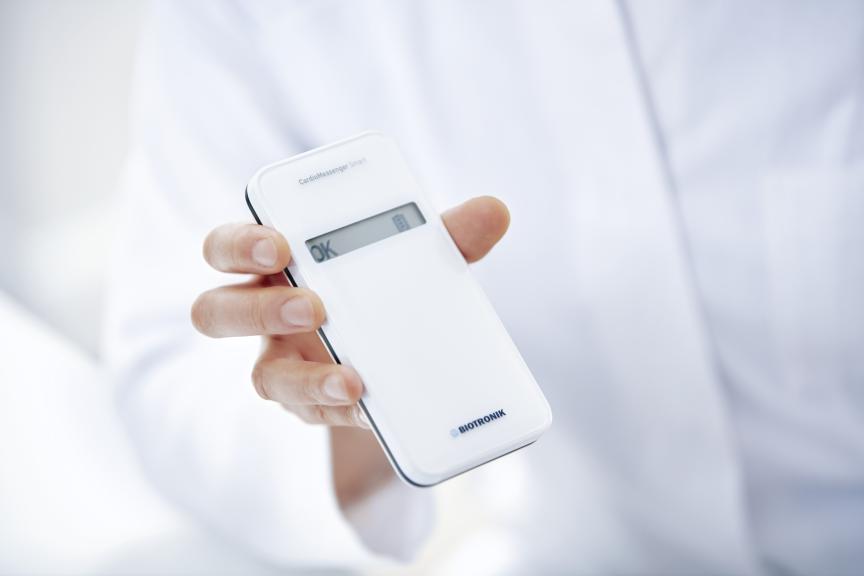 Statement
StatementBIOTRONIK Statement on the Medical Advisory and Safety Communication Regarding Medtronic’s Conexus Radio Frequency Telemetry Protocol
The Department of Homeland Security and the US FDA have issued a Medical Advisory and Safety Communication respectively describing two types of cybersecurity vulnerabilities affecting multiple Medtronic devices that utilize the Conexus telemetry protocol. BIOTRONIK utilizes substantially different protocols for both the clinical and the home environment. Moreover, by design, the remote communication system via BIOTRONIK Home Monitoring® does not have the functionality to transmit or alter therapeutic commands to the implant.
-
Image
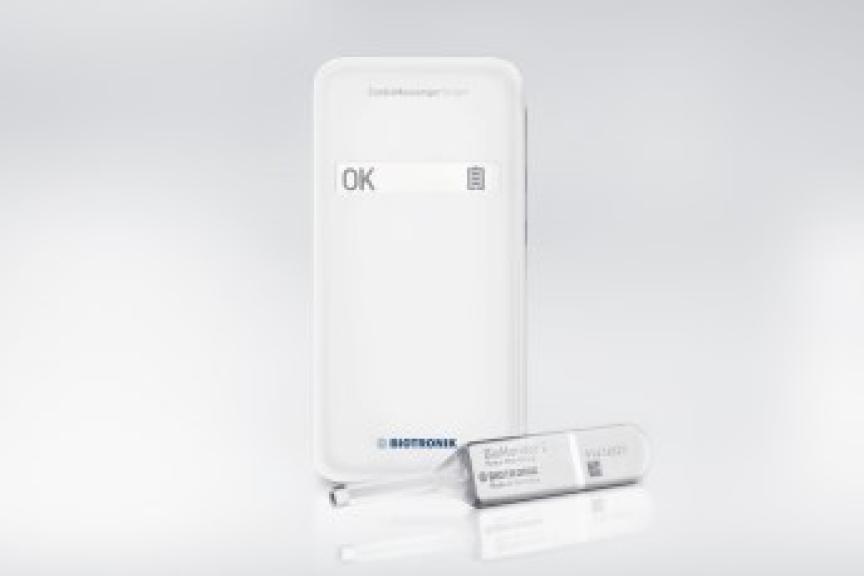 Statement
StatementBIOTRONIK Statement on the Cybersecurity Updates Affecting Medtronic Implantable Cardiac Device Programmers
On October 11, the US Food and Drug Administration (FDA) issued a Safety Communication regarding cybersecurity updates affecting Medtronic implantable cardiac device programmers, based on an NCCIC Advisory. 1 According to the FDA’s communication, Medtronic is issuing a software update to address a safety risk caused by cybersecurity vulnerabilities associated with the internet connection in two models of programmers used to download software from the manufacturer’s software distribution network (SDN). Successful exploitation of these vulnerabilities would allow an adversary to influence this
-
Image
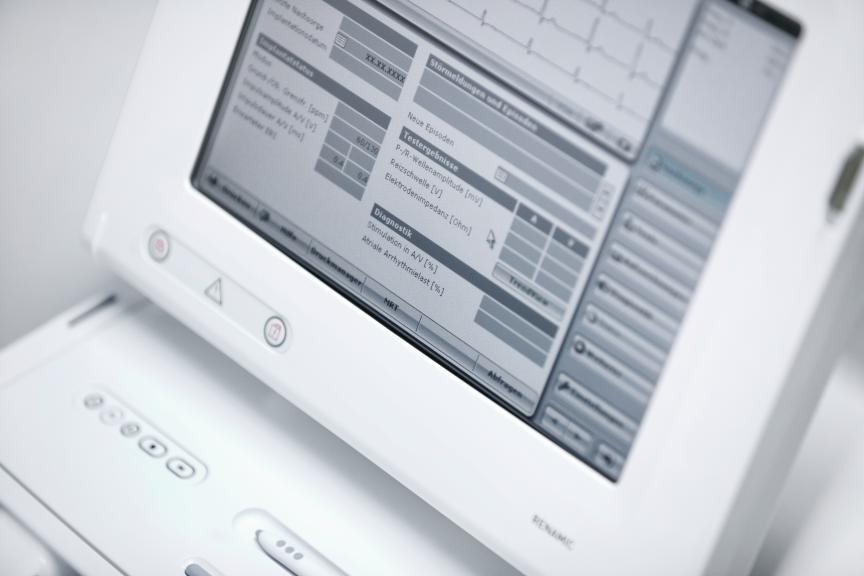 Statement
StatementStatement on the Cybersecurity of BIOTRONIK Solutions Following WIRED Magazine’s Article on Vulnerabilities in Pacemaker Programmer Systems
On August 9, WIRED magazine reported that researchers discovered cybersecurity vulnerabilities in the way pacemaker programmers connected to the software delivery network of a specified manufacturer. The researchers claim that “digital code signing”—the cryptographic validation of the legitimacy and integrity of software—is lacking in the manufacturer’s infrastructure, allowing an attacker to potentially take control of device programmers through malicious updates that can subsequently be spread to implanted pacemakers. 1 None of BIOTRONIK’s devices, programmers or networks are affected by
